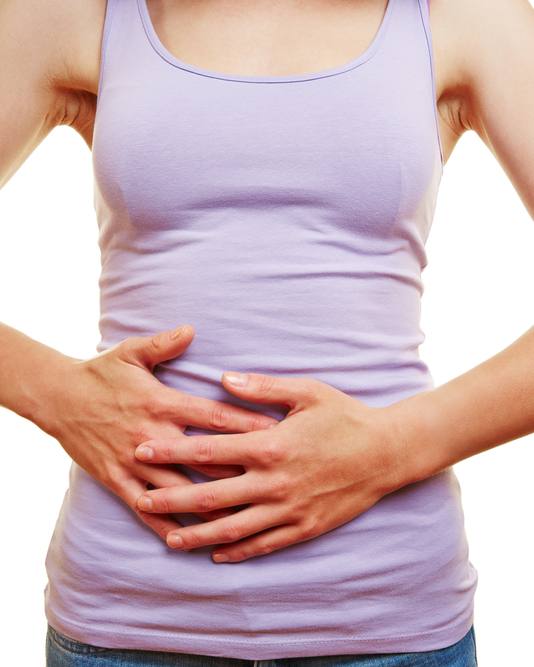Woops! It looks like you’re trying to access premium, members-only content in BBetter.
Just log into your account below or click on “Lost your Password?” to recover your login details:
Not a member yet? Our premium membership offers:
- Unlimited Questions in Our Private Community
- Instant Access to the Complete B Better Library & Handouts
- Immediate Access to Our Courses, Programs & Protocols
- Monthly Live Q&As with a Functional Medicine Expert
- Monthly Live Guest Expert Interviews with Q&As
Don’t miss out–become a B Better member and start helping yourself and others feel their best!
